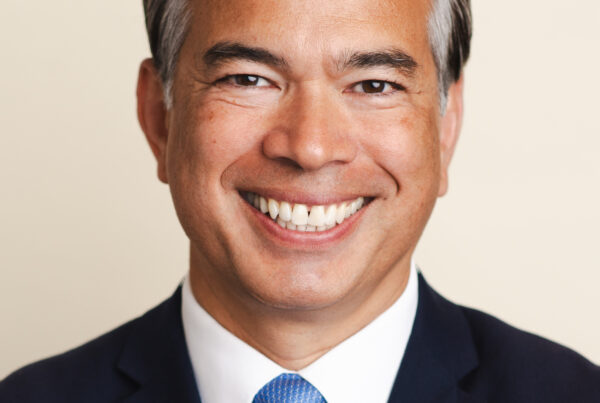Can we build systems in which public benefit can go hand-in-hand with personal rights and freedoms? Can we live in a just and equitable society that nurtures just some, or everyone?
As a nation, we know that our freedom to thrive – having access to health care, housing, a healthy environment, and sanctuary from trauma, violence and addictions – depends on having a consistent set of vital conditions for all people and places.
The COVID-19 pandemic is a prime example of public versus private rights. Other examples include early work around infant car seats; legislation ensuring housing equity; environmental regulations on business; and cleanup of toxic waste and water sites. Motorcycle helmets








